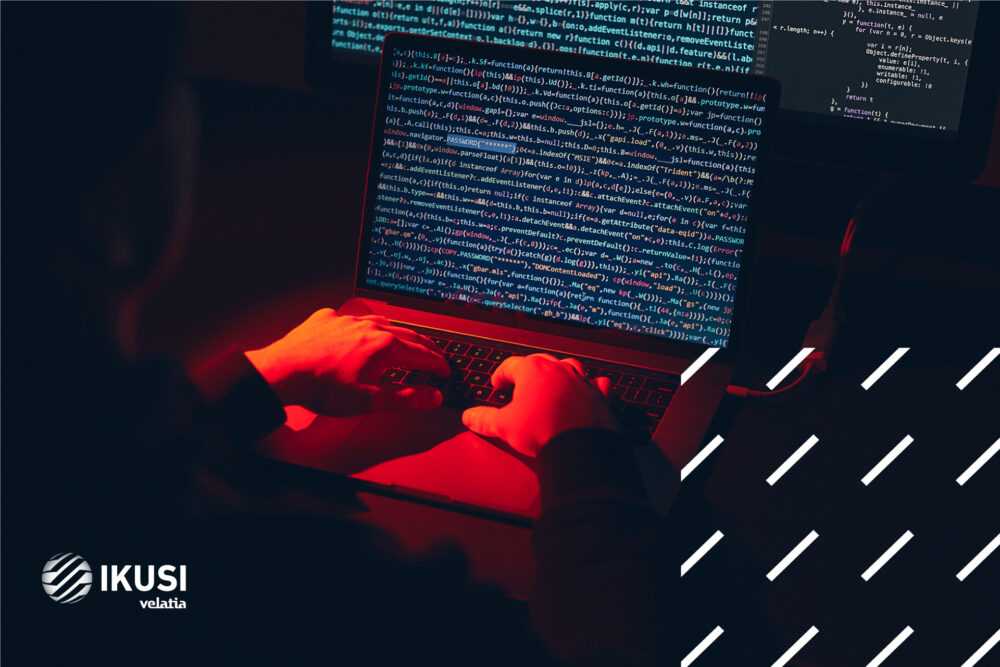What to consider in your Investment Plans for a comprehensive Cybersecurity Strategy

The digitalization of the business environment has significantly increased security risks.
According to the latest Global Ransomware Report 2023 by Fortinet, 84% of organizations worldwide experienced one or more cybersecurity breaches in the past 12 months.
In Latin America and the Caribbean, the situation is similar. According to figures from Kaspersky, published in the “Threat Landscape for Latin America” report, the region recorded an unprecedented increase in cybercriminal activity.
Kaspersky’s data recorded 286 million attempted cyberattacks over the past year, representing a 617% increase compared to the previous year.
In its conclusions, the cybersecurity company stated that the outlook for the coming months is not encouraging, especially due to the increasingly refined methods used to commit cybercrimes. For example, Kaspersky notes that artificial intelligence has facilitated the automated creation of fraudulent content.
Similar conclusions are reflected in Cisco’s latest cybersecurity report: Cisco Cybersecurity Readiness Index. Resilience in a Hybrid World (2023). Its data showed that only 15% of organizations worldwide have a mature level of readiness to manage security risks. Additionally, it highlighted that 4 out of 5 cybersecurity leaders believe that cybersecurity incidents are likely to disrupt their businesses over the next 12 to 24 months.
Cisco’s research highlights that Brazil is the country in the region where companies (26%) are most prepared to face cybersecurity risks. In contrast, companies in Canada (9% mature stage), the United States (13% mature stage), and Mexico (12% mature stage) show low levels of readiness compared to the global average.

A Cybersecurity Strategy for Business Environments
A business cybersecurity strategy is a high-level plan deployed by an organization’s leaders over a 3 to 5-year period to protect their assets with the support of technologies aimed at detection, investigation, and recovery from security incidents.
When an organization faces the challenge of designing a cybersecurity strategy, it should consider the following factors:
- Identify the organization’s security needs: This means understanding how the business operates to design measures and implement technologies that address its main cybersecurity needs.
- Comply with regulations: Each business sector is governed by specific cybersecurity rules designed by government agencies. These regulations, which set the standard for what can and cannot be done to protect business assets, should be a reference for building the strategy.
- Consider staff training: A good cybersecurity strategy should take into account how employees interact in the digital business environment and thus discover the threats they face. Once this is achieved, it will be necessary to promote a training process to reinforce security and effectively use the deployed technologies.
- Define key performance indicators (KPIs): Cybersecurity metrics allow evaluating the effectiveness of the strategy and documenting the organization’s regulatory compliance in the area of cybersecurity.
- Establish the budget: Defining an amount for a cybersecurity strategy is essential for an organization to decide what measures to implement to protect its assets. This value should include expenses related to software implementation and management, system updates, and employee training.
- Hire a managed cloud service: A cloud platform integrates cybersecurity technologies that perform key functions and adapt to the needs of organizations. These solutions are more flexible, less costly, offer greater security and scalability, among other benefits.

Ikusi and its Comprehensive Managed Cybersecurity Service
Cybersecurity risks in the business environment are increasing. As business digitalization advances, threats increase, and cybercriminals improve their techniques to commit crimes.
In this scenario, business leaders are responsible for implementing solutions that protect all areas and resources of the organization. That is, technologies capable of quickly and simply articulating different levels of defense for their applications, systems, devices, and employees.
This type of flexible and comprehensive solution is precisely what Ikusi Security Protect offers. An environment composed of different specialized cybersecurity packages, services, and tools that adapt to the requirements of each company and allow protecting the critical points of the operation.
With Ikusi Security Protect, it is also possible to hire Ikusi’s SOC service, a unified operations center composed of more than 100 certified engineers, responsible for continuous monitoring (24/7), support, and response to incidents affecting the IT infrastructure of organizations.
For all these reasons, Ikusi Security Protect becomes a great alternative for all those companies that want to stop improvising in cybersecurity matters, delegate the management of this area to specialists, and not spend more than budgeted.
If you want more information about this service, you can contact us here.